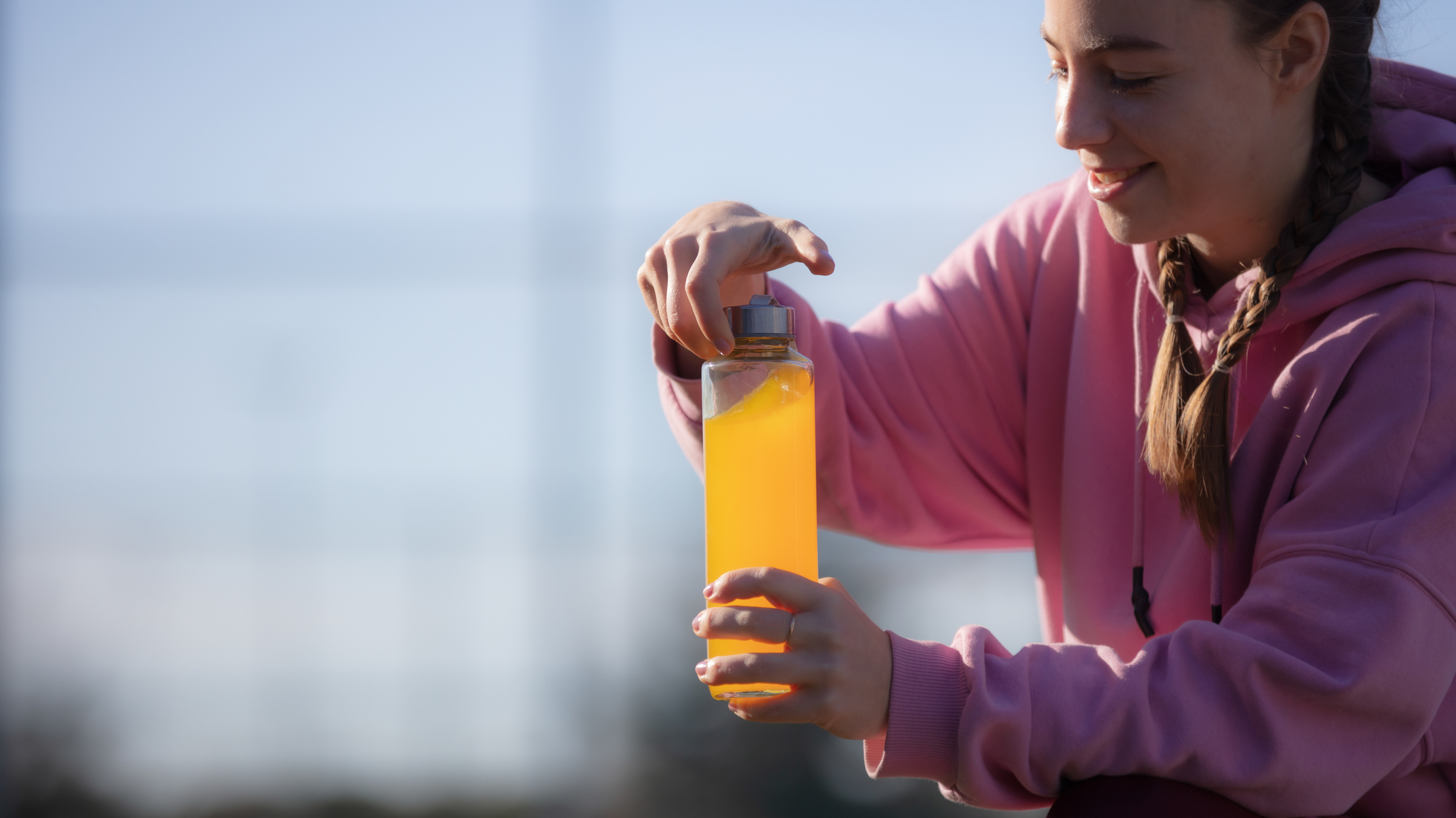
Anyone preparing to run a full marathon will probably have some idea that they will need to fuel specifically for the race, usually by using the best running gels and sports drinks, simply because they will be running for so long.
Even though the race is half that length, getting your fueling right for a half marathon is also vital to your chances of success on the day, whether that success involves running a PR or completing the course with a smile on your face rather than hitting the wall because you’ve run out of energy.
For all the advice you need on how to fuel a half marathon we spoke to Andy Blow, sports scientist and founder of Precision Fuel & Hydration.
Do you need to carb load for a half marathon?
Carb loading is definitely a very useful strategy to adopt before a half marathon. A lot of the energy you’re going to rely on during the race will come from glycogen stores in your muscles, and carb loading in the final 48 hours before the race is a proven way to max out those stores.
To carb load effectively you should be aiming for 8-12g of carbohydrates per kilogram of body weight each day for one to two days prior. This is a lot of carbs! It can also be beneficial to reduce the amount of fiber and fat in your diet for this period so it’s more achievable to get those carbs in without feeling too full and taking in way too many calories overall.
What is a good breakfast to have before a half marathon?
A good pre-race breakfast is generally very rich in carbohydrates and easily digestible. If you’ve carb-loaded effectively, the main role of the pre-race breakfast is to replace liver glycogen—sugars that can be released later to keep your blood glucose levels up—rather than put energy into your muscles, which will have been done in the days prior.
Things like regular breakfast cereal, porridge, toast or other bread products with honey or jam are staples for many athletes. You can also include fruit juice and sports drinks with a high-carb content if you’re less able to eat a lot of solid food before the race. Aim to finish eating breakfast one to three hours before the start depending on your experience of how well you can tolerate eating close to the start of a hard run.
Hydration-wise, having around 500ml of a very strong electrolyte drink in the morning, which you finish about an hour before the start, is a great strategy for preloading your hydration because you’ll retain the electrolyte-rich fluid better in the body than you would plain water.
What is a good fueling and hydration strategy during a half marathon?
Many runners find that taking in a running gel or energy chew, potentially one containing caffeine, about 15 minutes before the start is a good strategy for a half marathon. This works well because it takes around 10 to 15 minutes for the sugar from a gel to hit your bloodstream so this coincides with the gun going off and the initial surge of the first few miles of the race. If you do take in caffeine at this point it’ll kick in around 30 to 60 minutes later, so it should give you a boost mid-race.
During the race itself, you may want to consider taking in around 30g of carbohydrates—roughly one energy gel—for every hour you’re running.
Unless it’s very hot and humid then simply drinking water or sports drinks from aid stations as you feel you need to is usually sufficient for most people to stay adequately hydrated. If you know you have a high sweat rate and are going to be competing in very oppressive conditions, you might consider carrying your own bottle with an electrolyte drink to encourage you to drink a little more.
Do you need to fuel during a half marathon if you expect to finish in under 90 minutes?
The half marathon is a tricky distance for fueling because many faster runners won’t eat or drink anything, but some will. It’s right on the turning point for when fueling starts to matter. If you’re running under 90 minutes, the most you’re likely to benefit from is a single energy gel or a moderate amount of sports drink. There is evidence that the taste of sugar in the mouth can be beneficial to performance in races of this duration even if it’s not clear how much of it becomes available to the muscles. This is therefore something that’s worth testing out in harder training sessions to see if you feel like a mid-race gel will benefit you on race day.







